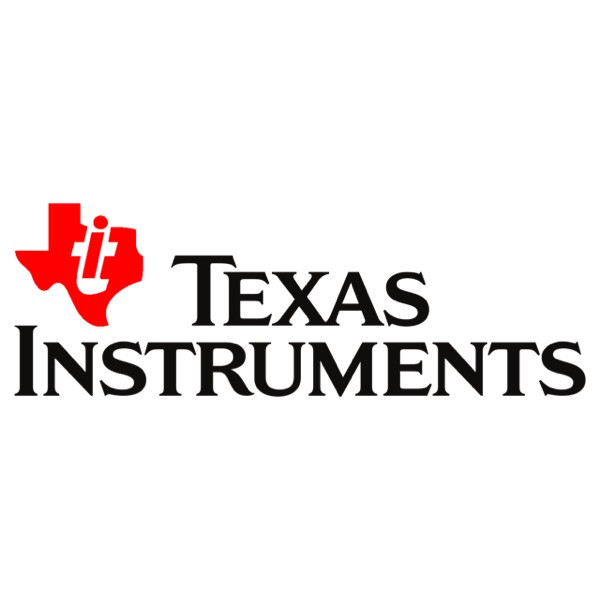Quad port controller serves as a low-speed signal aggregator for common port types
27-10-2017 | Texas Instruments | Semiconductors
The Texas Instruments FPC402 quad port controller serves as a low-speed signal aggregator for common port types such as SFP, QSFP, Mini-SAS HD, and others. The device aggregates all low-speed control and I2C signals across four ports and presents a single easy-to-use management interface to the host (I2C or SPI). Multiple devices can be used in high-port-count applications with one common control interface to the host. The device is designed to allow placement on the bottom side of the PCB, underneath the press-fit connector, to simplify routing. This localised control of the low-speed signals in the ports cuts system BOM costs by enabling the use of smaller IO count control devices (FPGAs, CPLDs, and MCUs) and by reducing routing layer congestion.
The controller is compatible with standard SFF-8431, SFF-8436, and SFF-8449 low-speed management interfaces, including a dedicated 100 or 400kHz I2C interface to each port. Additional general-purpose pins are available to perform functions such as driving port status LEDs or controlling power switches. The LED drivers have convenience features such as programmable blinking and dimming. The interface to the host controller can operate on a separate supply voltage between 1.8V and 3.3V to support low-voltage I/Os.
The device can prefetch data from user-specified registers in each module, making the data readily accessible to the host through a fast I2C (up to 1MHz) or SPI (up to 10MHz) interface. Also, the controller can trigger an interrupt to the host whenever critical, user-configurable events occur associated with any of the ports the device controls. This eliminates the need to poll the modules continuously.

By Electropages

FPC402

